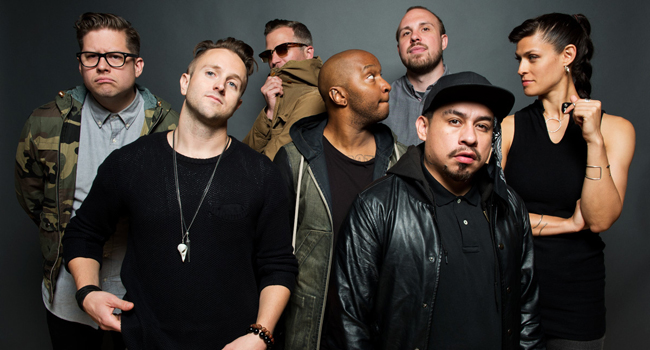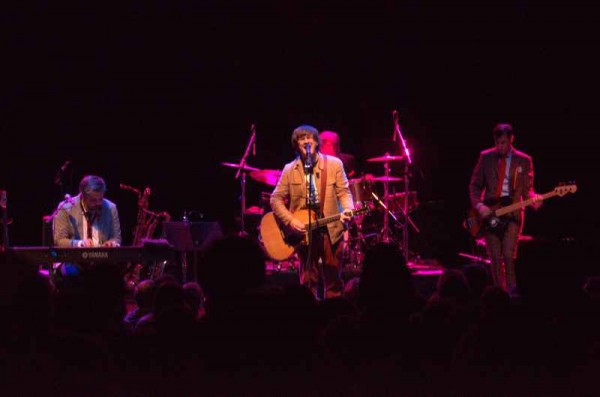Steven Spielberg and John Williams are like two peas in a lightning pod. From the moment they met in 1972, the spirited young director and veteran composer fell into a perfect sync of cinematic vision that to this day remains unparalleled. Williams has composed 25 of Spielberg’s 26 films—including Jaws, Close Encounters of the Third Kind, E.T., Raiders of the Lost Ark, Schindler’s List, and Saving Private Ryan— and each one stands as a glowing testament to their astoundingly successful partnership. Their latest film, a compelling period piece about President Abraham Lincoln’s final months in office, continues this tradition with grace and gravitas.
http://www.youtube.com/watch?v=qiSAbAuLhqs
Lincoln is a timely tale, arriving in theaters just after the resounding re-election of America’s first black president. Such an event would have never been possible without the fortitude of Honest Abe, played with tender humanity in this film by the incomparable Daniel Day-Lewis. His Lincoln is a gentle soul that speaks in an unexpectedly reedy tenor, but with a grizzled toughness etched into every line of his face. When he tells a room full of white men that slavery should be abolished, they are stunned, but ultimately swayed.
Just like the film itself, which is far less sappy than one might imagine, the soundtrack to Lincoln is a triumph of understated grandeur. The score contains some sweeping moments, but for the most part, Williams keeps the violins subdued and avoids the gooey sentimentalism that tends to bloat other biopics. Instead, he crafts an aura around Lincoln that is simple and direct, mirroring the president’s own straightforward approach to politics. For a man so powerfully resolute in his convictions, a steadfast musical theme of valiant horns and strings is a fitting tribute.
To match Lincoln’s commanding presence with his humble Midwestern roots, Williams turned to the Chicago Symphony Orchestra for inspiration. However, in an interview recently posted on his website, he credits Spielberg with the original idea:
Steven said ‘Wouldn’t it be a great time for your friends down at the Chicago Symphony to perform?’ He thought that we should bring out people, work, and energy from the center of the country into the film…and given the quality of the orchestra, why not do it? So, we recorded at Symphony Hall in Chicago, and the performances are extraordinary.
The overall sound design is exquisite, from the squeaky latches of the White House doors to the ticking of a pocket watch that actually belonged to Lincoln in 1865. Such scrupulous attention to detail extends to the music as well, especially in Williams’ reliance on Civil War-era instrumentation, melody, and cadence. Not only are the 19th century atmospherics effectively and accurately represented (folksy fiddles and banjos abound), but the emotional connections are threaded so expertly into the score that they actually feel genuine instead of contrived.
With Lincoln, Spielberg and Williams have created a soundtrack that is worthy of their subject: noble and often grand, but also unpretentious and easy on the schmaltz. The piano interludes in particular recall the more lyrical quality of the duo’s earlier collaborations, and prove that even after 40 years together, these two still have that magic spark.



